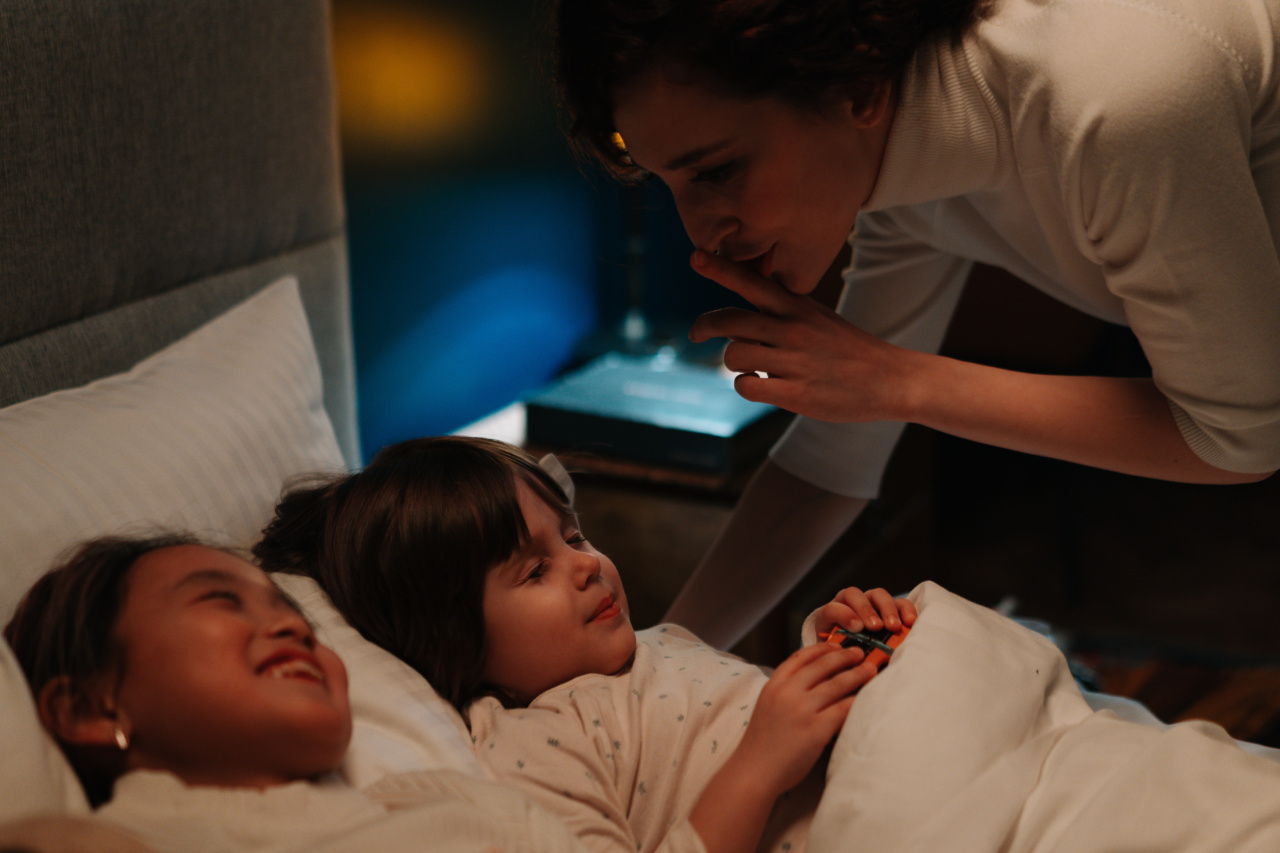Sleep is a vital part of our everyday lives. It allows our bodies and minds to rejuvenate, helping us stay focused and healthy. However, for some individuals, sleep is a constant struggle.
This is the case for two brothers, Ethan and Nathan, who suffer from a rare and debilitating sleeping disorder. This disorder has not only affected their lives but has also posed several challenges for their families and healthcare professionals.
Understanding the Sleeping Disorder
The sleeping disorder that afflicts Ethan and Nathan is known as Non-24-Hour Sleep-Wake Disorder (Non-24). This uncommon disorder disrupts the natural sleep-wake cycle, causing individuals to have inconsistent sleeping patterns.
People with Non-24 experience difficulties falling asleep, staying asleep, or both.
Non-24 is often associated with individuals who are blind since it is linked to the body’s inability to synchronize with the 24-hour day due to a lack of exposure to natural light.
The condition affects the body’s internal clock, also known as the circadian rhythm, which regulates important biological functions including sleep.
Impact on Daily Life
The impact of Non-24 on the daily lives of Ethan and Nathan is significant. Firstly, they struggle to maintain a regular sleep schedule, making it challenging for them to attend school.
Falling asleep during classes or being sleep deprived affects their ability to concentrate and learn. This has led to academic struggles and frequent absences. Additionally, the brothers often wake up exhausted and unfocused, leading to reduced productivity during the day.
Non-24 also takes a toll on their social lives. They find it difficult to participate in after-school activities or spend time with friends due to their unpredictable sleep patterns.
Ethan and Nathan often experience feelings of isolation and exclusion, as others struggle to understand the limitations imposed by their disorder.
The Struggles of their Families
The sleeping disorder not only affects Ethan and Nathan but also poses significant challenges for their families.
Their parents have to constantly adjust their schedules to accommodate the boys’ sleeping patterns, making it difficult to maintain a stable routine. This creates stress and exhaustion for the entire family as they try to navigate through the complexities of the disorder.
Moreover, the financial burden of medical treatments and specialized care adds additional strain. The brothers require regular consultations with sleep specialists and often need medication to regulate their sleep patterns.
The cost of these treatments can be overwhelming for their parents, who are already juggling the demands of caring for two children with a rare disorder.
Medical Interventions
Treating Non-24 is challenging as there is no established cure for the disorder. However, several medical interventions can help manage the symptoms and improve the quality of life for those affected.
One common treatment option is the use of melatonin, a hormone that regulates the sleep-wake cycle. The brothers have been prescribed melatonin to help regulate their sleep patterns.
Light therapy is another potential treatment used to stimulate the body’s internal clock. Specialized lights mimic natural daylight and help individuals with Non-24 adjust their sleep schedules.
Light therapy can be a useful tool in managing the disorder, but it requires consistent and diligent adherence to daily routines.
Raising Awareness
Non-24 is a relatively unknown disorder, and its impact on the lives of individuals like Ethan and Nathan often goes unrecognized. Raising awareness about the condition is essential to help others understand and support those affected.
By sharing their story, the brothers aim to shed light on the challenges they face daily, as well as bring attention to the broader issue of sleep disorders.
Ethan and Nathan actively participate in support groups and organizations dedicated to sleep disorders.
They share their experiences, offer guidance to others facing similar challenges, and advocate for increased research and resources for individuals affected by Non-24.
The Future for Ethan and Nathan
Living with Non-24 is a lifelong commitment for Ethan and Nathan. However, with advancements in research and treatment options, there is hope for a better future.
Ongoing studies are exploring potential therapies and interventions that may significantly improve the quality of life for individuals living with the disorder.
Until then, Ethan, Nathan, and their families continue to navigate the complexities of Non-24, striving for a sense of normalcy and actively advocating for increased awareness and support for those living with rare sleeping disorders.





























